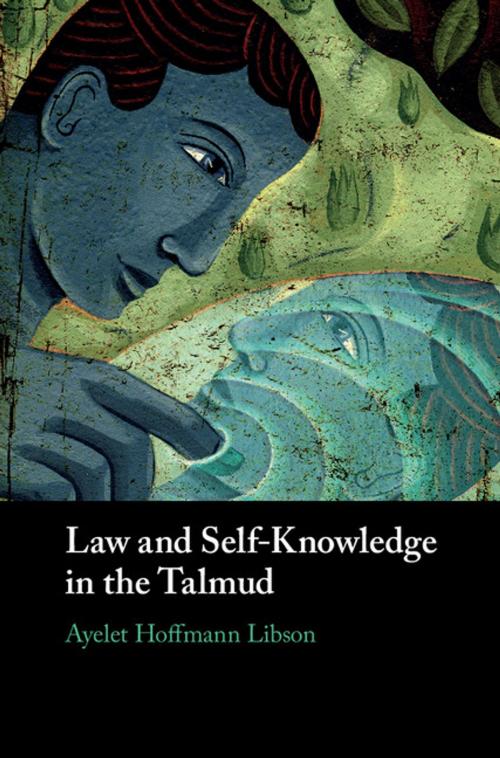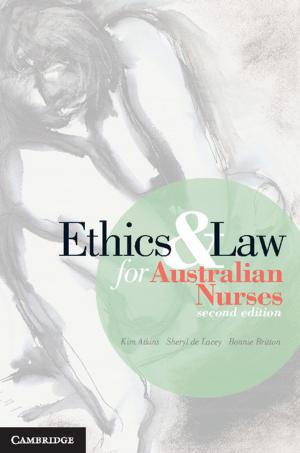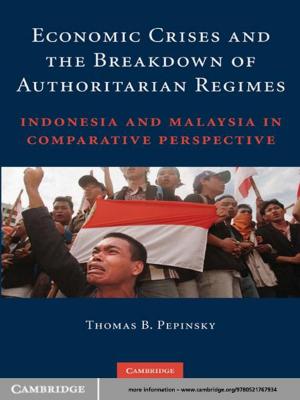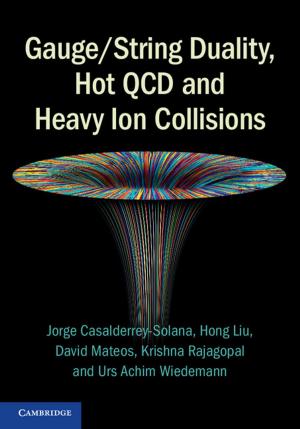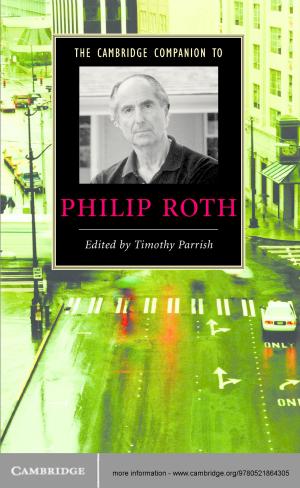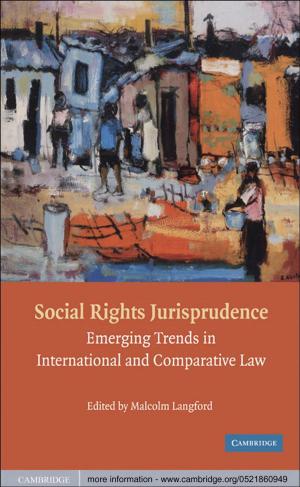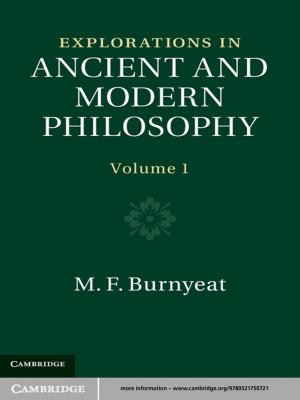| Author: | Ayelet Hoffmann Libson | ISBN: | 9781108610001 |
| Publisher: | Cambridge University Press | Publication: | May 31, 2018 |
| Imprint: | Cambridge University Press | Language: | English |
| Author: | Ayelet Hoffmann Libson |
| ISBN: | 9781108610001 |
| Publisher: | Cambridge University Press |
| Publication: | May 31, 2018 |
| Imprint: | Cambridge University Press |
| Language: | English |
This book examines the emergence of self-knowledge as a determining legal consideration among the rabbis of Late Antiquity, from the third to the seventh centuries CE. Based on close readings of rabbinic texts from Palestine and Babylonia, Ayelet Hoffmann Libson highlights a unique and surprising developing in Talmudic jurisprudence, whereby legal decision-making incorporated personal and subjective information. She examines the central legal role accorded to individuals' knowledge of their bodies and mental states in areas of law as diverse as purity laws, family law and the laws of Sabbath. By focusing on subjectivity and self-reflection, the Babylonian rabbis transformed earlier legal practices in a way that cohered with the cultural concerns of other religious groups in Late Antiquity. They developed sophisticated ideas about the inner self and incorporated these notions into their distinctive discourse of law.
This book examines the emergence of self-knowledge as a determining legal consideration among the rabbis of Late Antiquity, from the third to the seventh centuries CE. Based on close readings of rabbinic texts from Palestine and Babylonia, Ayelet Hoffmann Libson highlights a unique and surprising developing in Talmudic jurisprudence, whereby legal decision-making incorporated personal and subjective information. She examines the central legal role accorded to individuals' knowledge of their bodies and mental states in areas of law as diverse as purity laws, family law and the laws of Sabbath. By focusing on subjectivity and self-reflection, the Babylonian rabbis transformed earlier legal practices in a way that cohered with the cultural concerns of other religious groups in Late Antiquity. They developed sophisticated ideas about the inner self and incorporated these notions into their distinctive discourse of law.
